Here at the PCM Association we are driven by a strong desire to see schools and treatment facilities provide
humane and effective crisis management that is based on the science of behavior analysis
We want crisis stopped quickly, safely and humanely

Treating people like this is unacceptable!
The moment that started it all
In 1984, Neal Fleisig was asked to take the directorship of one of the most difficult units at South Florida State Hospital for patients who were highly aggressive and self-injurious. He witnessed a patient who was highly challenging during a crisis event and the staff pinned him down on the cement which resulted in several abrasions on his skin. The more tightly they held him, the harder he resisted, and continued to scrape himself in the struggle. Finding this unacceptable Mr. Fleisig took a safety mat from a nearby CPR training and insisted that the man be held on the mat and not the cement. Once restrained on the mat the man calmed relatively quickly. It was at this point that Mr. Fleisig decided that there had to a more humane way to stop people in crisis and this watershed moment was the beginning of the development of the PCM system that we see today.
Even during difficult moments it's all about maintaining dignity and respect
The most important take away point from this origin story is not Neal’s use of the safety equipment, but why he insisted on using safety equipment. He decided that even though they might be trying to harm themselves or others that we were still going to treat people with dignity and respect. Mr. Fleisig believes that especially when restraining an individual, it is our responsibility to make them as safe and comfortable as possible. This insistence on dignity and respect not only ends a crisis as quickly as possible, but also preserves the clinical/teaching relationship.

Every Procedure reflects dignity and respect
The majority of PCM Association members do not have clients/students that require restrictive interventions to manage crisis behaviors and will not have a need for safety equipment. Nonetheless, the safety, dignity, and effectiveness that Mr. Fleisig insisted on translates to ALL PCM physical procedures as well as our non-physical strategies.
Allowing teaching/treatment to resume in a safe environment
From stuck in crisis to steady progress
One student’s crises were so severe that he spent most of his day in restraints and any teaching was absolutely out of the question. Teachers were simply trying to survive from one day to the next. After using the PCM system the student had so few crises that he spent most of the day in class and learning.


From dreading the work you have to do, to doing the job you love to do
Most of the staff dreaded coming to work when they had to deal with crisis on a daily basis. Even if no crisis occurred all day, they were always worrying when it would happen, again. Some even refused to work with certain individuals because they were afraid of being injured. After staff learned to intervene in a safe and dignified way, which improved relationships dramatically, crisis decreased, and a sense of safety returned.
Today all staff feel safe and they actually look forward to coming into work, again. Finally, they can do the job that they trained for all those years!
We built the first behaviorally-based, professional crisis management system
Behavioral from the ground up
As a behavioral analyst and researcher at the university, Mr. Fleisig knew that the system could be made even better by bringing on other experts in behavior analysis and this is when he brought Dr. Merrill Winston, a well-recognized behavior analyst into the company. They both agreed that the system had to be very systematic, that is, everyone must use the same protocols across clients and staff so that everyone has predictable learning environments.


Behavioral Throughout...
Dr. Winston agreed with Mr. Fleisig that the program would need not only the use of behavior analysis in prevention and de-escalation, but also that the behavior analytic teaching techniques of shaping and fading would also need to be embedded into the physical procedures used during a crisis. Dr. Winston loved the use of these techniques because they resulted in clients and students quickly learning how to calm down. This meant shorter and shorter crises.
Crisis Management Done by the Book
The last piece of the puzzle involved ensuring fidelity of implementation of the PCM system. They knew that there must be a credentialing body to oversee crisis management certification in order to maintain the quality and integrity of the system. This is ultimately what guarantees humane, dignified and effective teaching and treatment.

It turned into a Movement

Have you heard of PCM?
For a long time PCM consisted solely of clinicians and consequently only grew by word of mouth. But still the company continued to grow rapidly. It was and remains the best crisis management system, but perhaps not the most well-known among administrators. From five certificants in 1990 to over 100k certificants in 2020, PCM expanded from one agency in Florida to a national and then international level.
From vendor to partner
Some of the PCM instructors were so excited about the system and the support they received that they wanted to make a career out of training other PCM instructors. As this process continued, the company became more like an association of crisis intervention professionals. And, here is where the company changed from a crisis management “vendor” to a true partner that both assists and receives assistance from other organizations. These partnerships help to ensure the continued improvement in the PCM system and consequently the advancement of our partner organizations and lives of their staff and clients.

Do you want to enrich lives by making crisis management effective and humane?
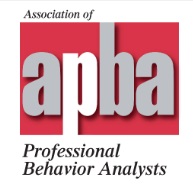
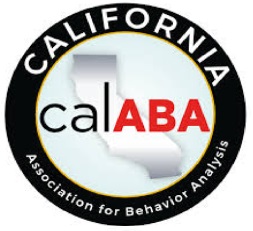
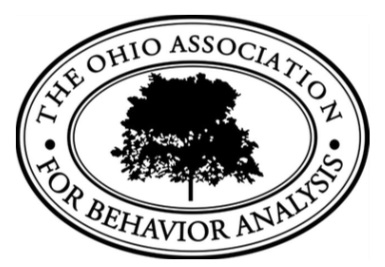
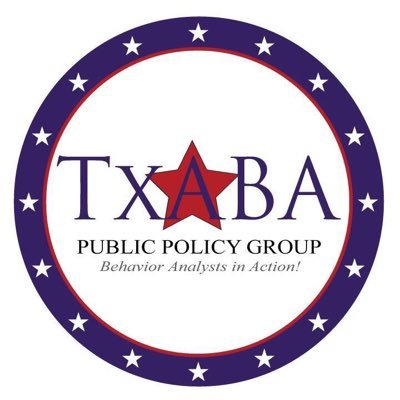
A sample of the Bahavioral Analyst Associations we participate with
